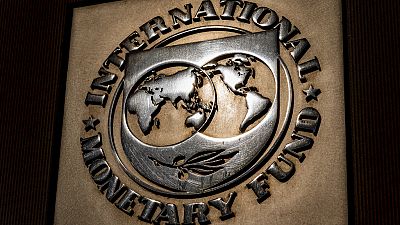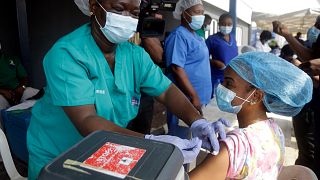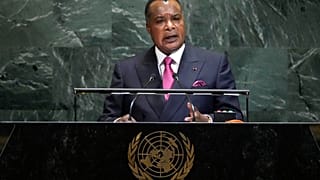IMF
Sub-Saharan African governments are increasingly turning to local banks to fund their budgets, paying higher borrowing costs at home than abroad and putting new pressure on domestic lenders, the International Monetary Fund (IMF) warned on Thursday.
In its latest Regional Economic Outlook released during the IMF and World Bank annual meetings in Washington, the Fund said the “domestic cost of capital remains elevated across the region,” adding that many local financial markets are “underdeveloped, fragmented, and illiquid,” with high transaction costs and lending spreads.
The IMF noted that new domestic borrowing is now “significantly more expensive than external borrowing” in several countries. As governments rely more heavily on local banks, funding costs are rising and private-sector investment is being squeezed.
The report highlighted that domestic banks’ holdings of government debt are “large and growing faster in sub-Saharan Africa than in the rest of the world.” This, it warned, risks creating a “vicious feedback loop” in which strained public finances undermine banks’ stability, further tightening credit and worsening fiscal pressures.
Abebe Aemro Selassie, director of the IMF’s African Department, told Reuters that while the growing shift to local funding shows progress in countries’ ability to borrow in their own currencies, it also carries significant risks.
“About half of total public debt is owed to domestic banks,” Selassie said. “Access to external financing has not been readily available in recent years, but excessive domestic borrowing can also create problems in the banking sector if governments struggle to service their debt.”
After years of being locked out of global capital markets due to high borrowing costs and economic uncertainty, some African countries have cautiously started returning to international bond markets since 2024, but many remain wary of falling back into debt traps.














Go to video
Ghana renames Kotoka Airport, reigniting coup debate
Go to video
Over 600 Kenyans trapped in Cambodia trafficking case
Go to video
Armed group killS 33 in fresh simultaneous attacks in Nigeria
01:14
651 arrested in Africa-wide crackdown on online scam networks
00:50
IMF approves $91 million in funding for Niger following programme review
Go to video
UN probe finds evidence of genocide in Darfur city of El-Fasher